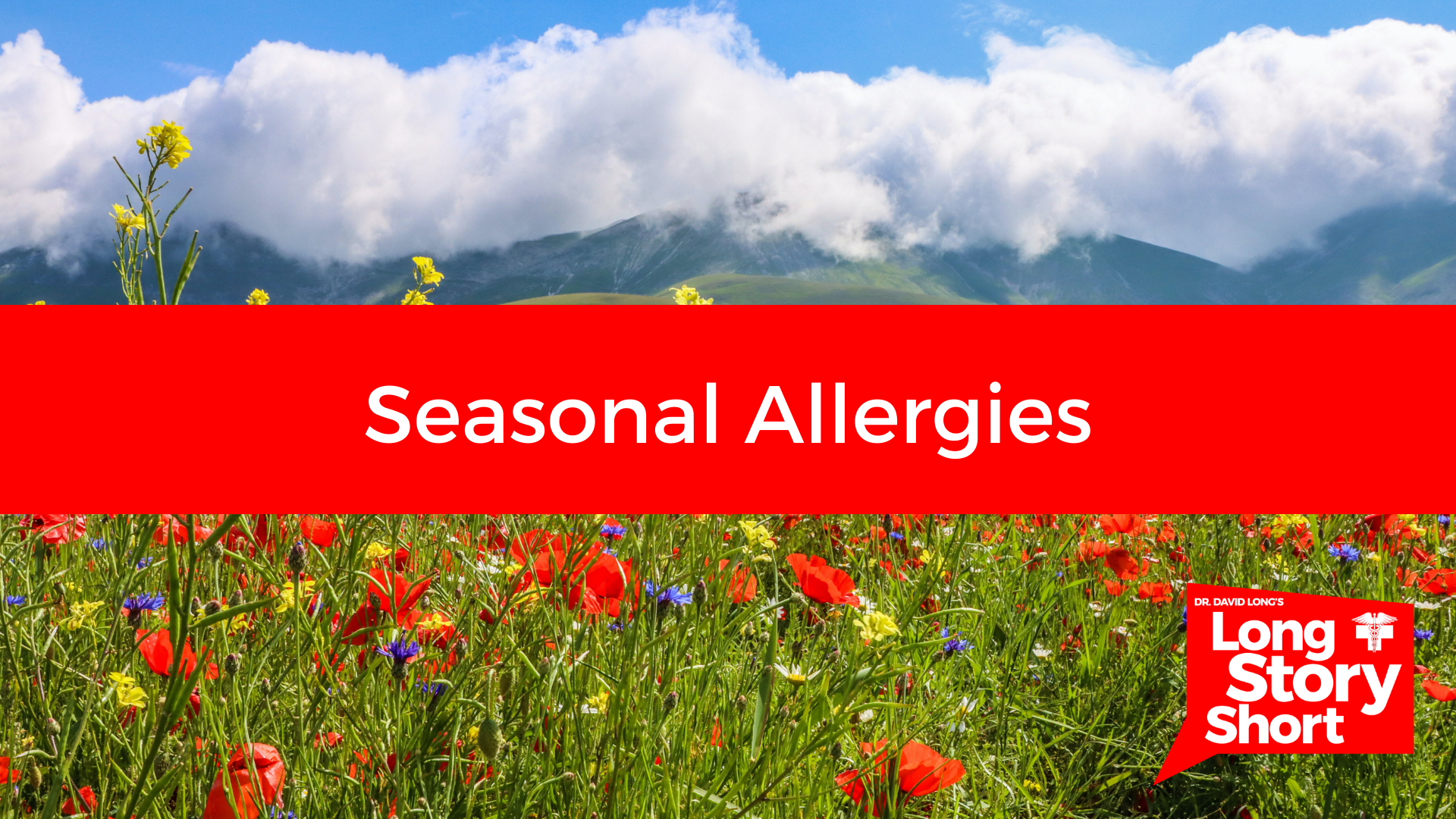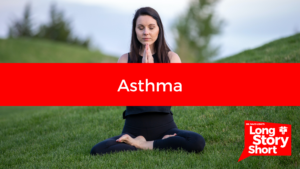Seasonal Allergies Summary
• Springtime means blooming flowers and trees, but for many people with seasonal allergies it also means congestion, sneezing, runny nose and other uncomfortable symptoms.
• To keep seasonal allergies under control, monitor pollen counts, take allergy medication before symptoms start, reduce exposure to allergens, stay inside on dry and windy days, shower and change clothes after being outdoors.
• Over the counter medications like antihistamines, decongestant and nasal sprays can help relieve symptoms.
• If your symptoms persist despite self-care measures, consult a physician for further treatment.
Full Text
Spring means flowers and blooming trees. And if you’re one of the many people who have seasonal allergies, it also means sneezing and congestion, runny nose, and other annoying symptoms.
There are simple strategies to help keep your seasonal allergies under control. Monitor pollen counts. Weather reports often include this information.
If high pollen counts are forecasted, be proactive and start taking allergy medications before your symptoms begin, reduce your exposure to allergy triggers.
Stay in doors on dry and windy days. Remove clothes you’ve worn outside and shower to rinse pollen from your skin and hair.
Try and use over the counter medication like oral antihistamines, decongestants, and nasal sprays can help relieve sneezing itching and a runny nose. For many people, these strategies help to ease the symptoms caused from seasonal allergies.
If your symptoms persist, consult with your physician to help with treatments. So you can say goodbye to those seasonal allergies.
I’m Dr. David Long. That was the long story short.





 and then
and then